Rod Kight and Shane Pennington Discuss DEA Lawsuit (Video)
Cannabis Law Report
MAY 17, 2021
Rod Kight and Shane Pennington discuss the DEA lawsuit about hemp extracts. As many readers of this blog know, the… Read More.
This site uses cookies to improve your experience. To help us insure we adhere to various privacy regulations, please select your country/region of residence. If you do not select a country, we will assume you are from the United States. Select your Cookie Settings or view our Privacy Policy and Terms of Use.
Cookies and similar technologies are used on this website for proper function of the website, for tracking performance analytics and for marketing purposes. We and some of our third-party providers may use cookie data for various purposes. Please review the cookie settings below and choose your preference.
Used for the proper function of the website
Used for monitoring website traffic and interactions
Cookies and similar technologies are used on this website for proper function of the website, for tracking performance analytics and for marketing purposes. We and some of our third-party providers may use cookie data for various purposes. Please review the cookie settings below and choose your preference.
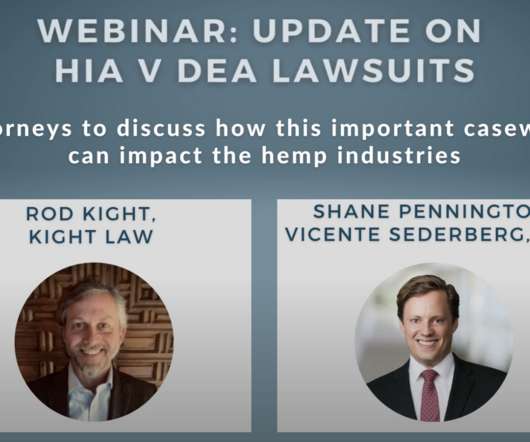
Cannabis Law Report
MAY 17, 2021
Rod Kight and Shane Pennington discuss the DEA lawsuit about hemp extracts. As many readers of this blog know, the… Read More.
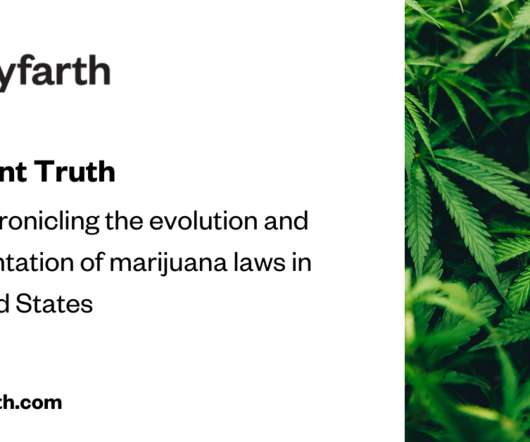
The Blunt Truth
FEBRUARY 10, 2022
You might not have expected to hear news of a regional electric power company in a marijuana blog, but this is just further proof that there’s a cannabis angle to every story. It would allow THC levels above 1% during extraction. tennessee valley authority. The Hemp Advancement Act of 2022 would allow hemp to contain 1% THC, up from 0.3%
This site is protected by reCAPTCHA and the Google Privacy Policy and Terms of Service apply.

Canna Law Blog
FEBRUARY 10, 2019
Place cannabis extracts and tinctures containing delta-9-tetrahydrocannabinol (THC) in Schedule III of the Single Convention. Readers of this blog may recall that the U.S. Drug Enforcement Administration (DEA) has taken the position that the U.S. When it comes to implications for U.S.

Greenspoon Marder Cannabis Law Group Blog
AUGUST 26, 2020
Drug Enforcement Administration (“DEA”) published an interim final rule surrounding hemp and hemp derivatives. Simply stated, when the hemp plant is processed and its cannabinoids are extracted into a crude oil, or similar derivative, concentrated amounts of ? By: Nabil Rodriguez. Last week on Thursday August 20, 2020, the U.S.

Cannabis Law Report
JUNE 29, 2021
The trial happened on March 22 this year, I observed it and have an article up on the “Cannabis News Blog” on my website and in the Cannabis Law Journal, here. Delta 8 is technically a synthetic THC the way most places extract it via an acid wash.
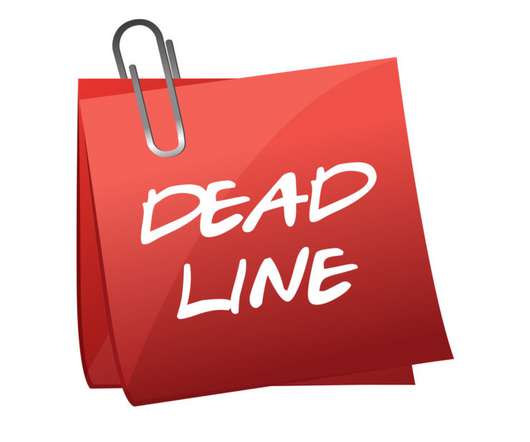
Canna Law Blog
DECEMBER 4, 2019
Most of us in the hemp industry are well-aware of the major issues in the interim rules: 15-day pre-harvest testing requirements, total THC, DEA laboratories, and crop insurance to name a few. Moving forward into 2020 many crops would have to be destroyed that have otherwise been able to be used for extraction for the last several years.

Cannabis Law Report
NOVEMBER 16, 2021
Update: Since the posting of this blog, Drug Enforcement Administration officials have made comments suggesting that delta-8 THC is not a federally controlled substance. As of November 11, 2021, the DEA has yet to issue a binding opinion. United States: UPDATED: The Delta-8 THC Loophole. 16 November 2021. by Demetria L.

Canna Law Blog
FEBRUARY 10, 2019
Place cannabis extracts and tinctures containing delta-9-tetrahydrocannabinol (THC) in Schedule III of the Single Convention. Readers of this blog may recall that the U.S. Drug Enforcement Administration (DEA) has taken the position that the U.S. When it comes to implications for U.S.
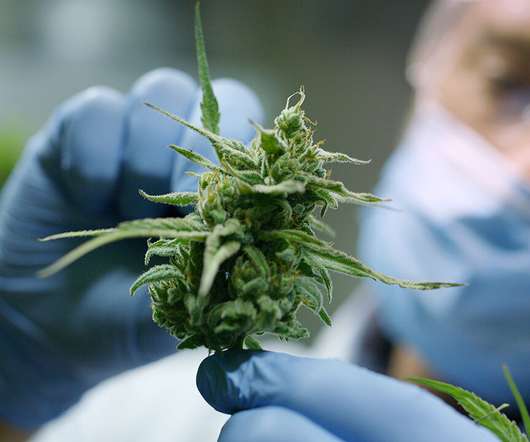
Marijuana Seeds NL
APRIL 29, 2021
A rise in THC delta 8 popularity has come from the spike in CBD extraction. This may be one reason why the DEA took some federal action in August of 2020. Under this rule, technically, delta-8 THC would be illegal since it’s synthetically derived from extraction. appeared first on MSNL Blog.

Canna Law Blog
DECEMBER 7, 2019
Will hemp processing facilities (extraction) be required to have a DEA registration? Therefore, it is unclear at this time whether states will mandate that processing facilities be DEA registered. The USDA rules do not address the processing of hemp.

Cannabis Law Report
AUGUST 23, 2022
In the next three blog posts, we’ll catch you up on the details of AK Futures and what it means, but more importantly, we’ll discuss why this case, and other similar activity, is likely more of a blip than a landmark. plant, including any cannabinoid, extract, or derivative, is either federally-prohibited marijuana (0.3%
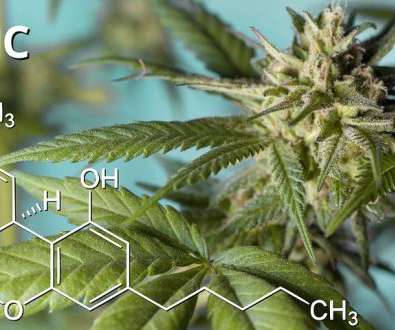
Otherside Farms
MAY 10, 2022
It is made by extracting CBD from hemp. THC-O is made from hemp and therefore legal, however, DEA tightened the law by stating that all synthetic THC is illegal. It’s one of many synthetic cannabinoids and does not occur on its own without human intervention. The process used to make THC-O is extensive and dangerous.
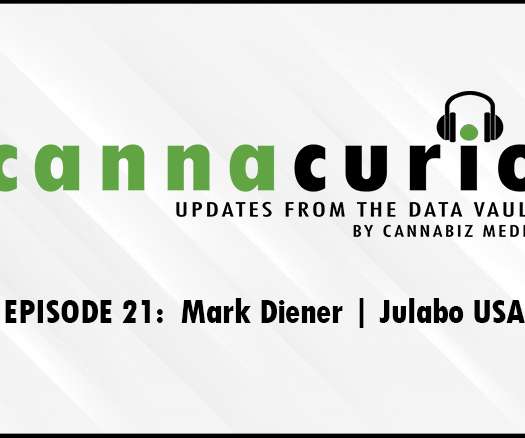
SpeedWeed
MARCH 7, 2021
A couple of things that we’ve been working on, just published the fourth blog post that came out of the software stack report that we’ve touched on in the last couple of weeks. And then I’m also working on a blog post that covers regulators across the US. Our markets are kind of like Mercedes, BMW, or Audi.
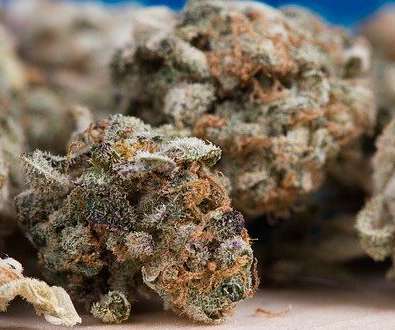
Otherside Farms
AUGUST 4, 2020
Concrete extraction technicians, researchers, marijuana cultivators, marketers, marijuana processors, cannabis branding, and developers will all have a place in the industry. Banks have not been fond of supporting dispensaries in the fear that funds may get frozen by DEA or the feds. The post Getting into the Cannabis Business?
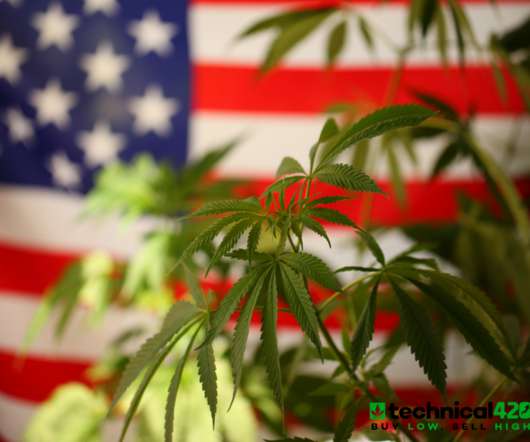
The Joint Blog
MARCH 4, 2021
Following this discovery, cannabis and cannabis extracts become extremely popular across many pharmacies and doctor’s offices. The undeniable connection with cannabis has severely damaged the CBD market, despite it only being an extract of the plant. Of course, this is where negligence violation and the DEA come into play. .

The Joint Blog
JULY 18, 2019
On the other hand, Kratom is extracted from a tropical tree that belongs to the coffee family. In fact, the DEA had in 2006 showed the intention of classifying Kratom as a schedule I drug, thereby outlawing its use along with other drugs like heroin and marijuana. Kratom is only legal in some US states.

The Joint Blog
JUNE 4, 2021
Believe it or not, you actually need a license to do meaningful research on marijuana due to the fact that the United States Drug Enforcement Agency (DEA) has limited its access. The DEA feels that marijuana, being a schedule I drug, could be misused like other drugs within that category and could be dangerous.
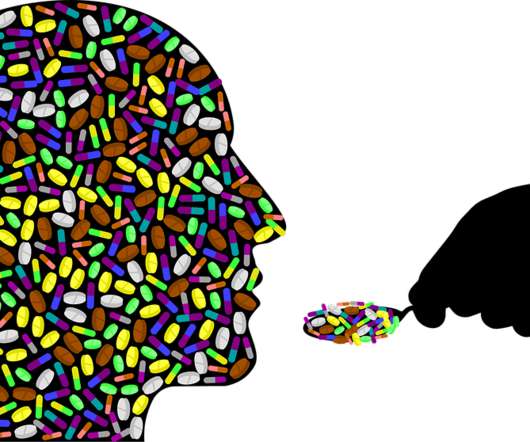
The Joint Blog
MARCH 19, 2020
Even the DEA added kratom to the list of Schedule I substances. Mitragynine is the primary alkaloid since it counts for two-thirds of this plant’s extract. The toxicity issue was what the DEA used when they decided to put kratom on the list of controlled substances, and these studies offer material to question that decision.
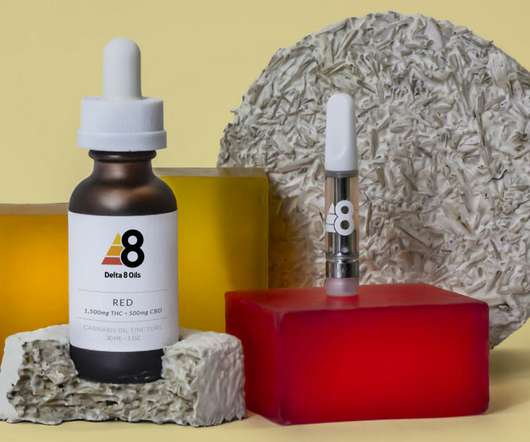
Kind Meds (Cannabis Education Blog)
JULY 6, 2021
It’s been proposed by the federal Drug Enforcement Administration (DEA), however, that delta-8 be indirectly classified as a Schedule 1 controlled substance. Nonetheless, the DEA’s proposed rule has yet to be implemented. As it stands, the majority of delta-8 on the market is a product of CBD, which has been extracted from hemp.
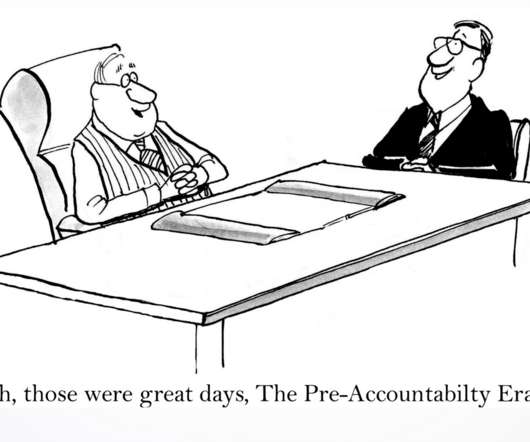
Canna Law Blog
MAY 16, 2022
The Drug Enforcement Administration (DEA) issued an interim final rule on hemp (“DEA hemp rule” or “rule”) on August 20, 2020. The 2018 Farm Bill also defines hemp to include all derivatives, extracts, and cannabinoids of hemp. Challenging the DEA hemp rule. What’s the issue then?

Cannabis Law Report
SEPTEMBER 23, 2019
11,12 CBD, the non-psychoactive cannabinoid, is extracted from the flower of industrial hemp. 5,16 Tinctures are liquid, ultra-concentrated alcohol-based cannabis extracts commonly applied in and absorbed through the mouth. Methods and compositions of cannabis extracts. Cannabis sativa with less than 0.3%
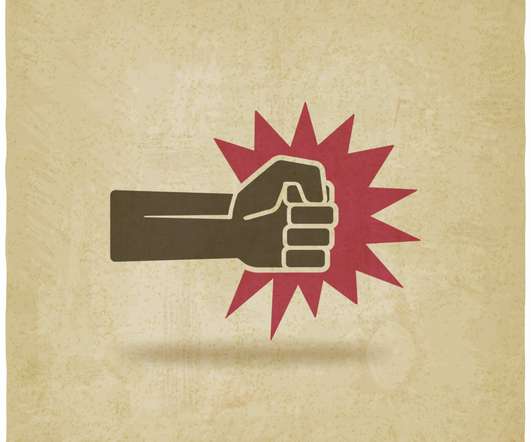
Canna Law Blog
OCTOBER 17, 2020
The Canna Law Blog has been writing about the Drug Enforcement Agency’s (DEA) interim final rule (IFR) on hemp since its August publication in the Federal Register: Watch Out! The DEA Just Passed a BAD Interim Rule Impacting Hemp CBD and Other Cannabinoids. The DEA Does Not Want You To Worry About Its New Hemp Rule.
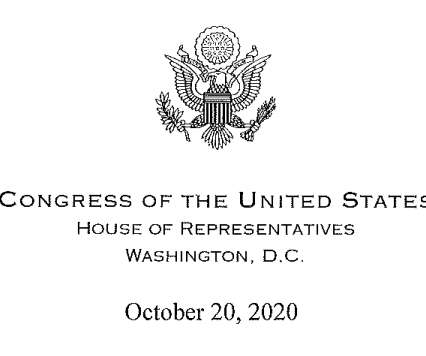
Canna Law Blog
OCTOBER 29, 2020
The hemp industry is not the only one that’s pushing back against the Drug Enforcement Administration (DEA)’s hemp Interim Final Rule (the “ Rule ”). If you read this blog, you’ll recall the hemp industry sued the DEA following the release of its Rule in August 2020.
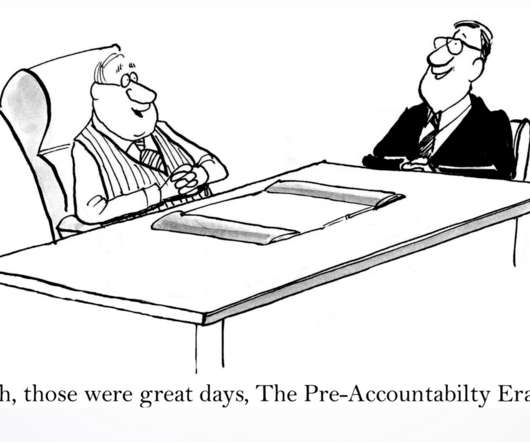
Canna Law Blog
MAY 16, 2022
The Drug Enforcement Administration (DEA) issued an interim final rule on hemp (“DEA hemp rule” or “rule”) on August 20, 2020. The 2018 Farm Bill also defines hemp to include all derivatives, extracts, and cannabinoids of hemp. Challenging the DEA hemp rule. What’s the issue then?
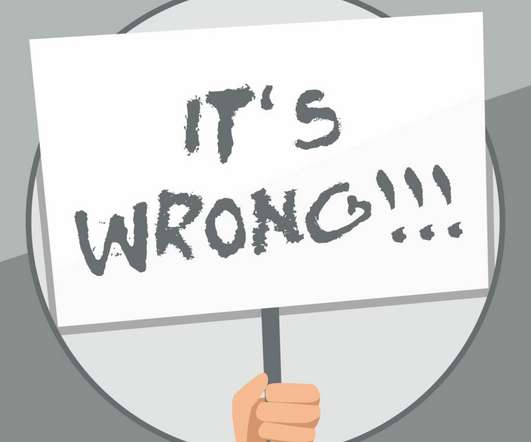
Canna Law Blog
SEPTEMBER 16, 2020
Unfortunately, the Drug Enforcement Administration (DEA) dropped a surprise interim hemp rule a few weeks ago, which took immediate effect and came as a shock to virtually everyone. The DEA Just Passed a BAD Interim Rule Impacting Hemp CBD and Other Cannabinoids. DEA Interim Final Rule: What Is “Synthetically Derived THC”?

Canna Law Blog
AUGUST 24, 2020
On Friday, the Drug Enforcement Administration (“DEA”) released an Interim Final Rule (the “ Rule ”) that, as we discussed , threatens the hemp industry by treating partially processed hemp extract not intended for consumption (also known as “intermediary hemp”) as a Schedule I controlled substance.

Canna Law Blog
JULY 16, 2024
In case you haven’t heard, the Drug Enforcement Administration (DEA) wants to hear from you on marijuana rescheduling. Specifically, DEA invites your comments on its notice of proposed rulemaking (NPRM) to move both marijuana and marijuana extract from schedule I to schedule III of the federal Controlled Substances Act (CSA).
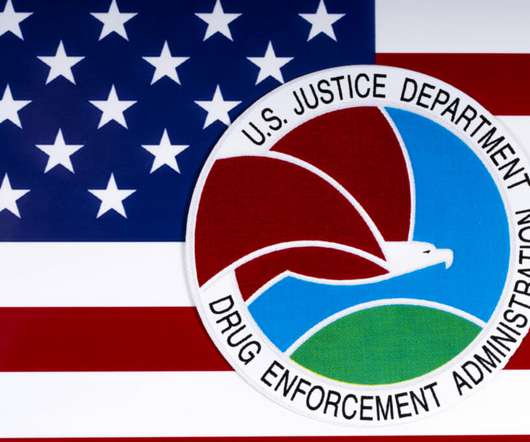
Canna Law Blog
AUGUST 23, 2020
On August 20, 2020, the Drug Enforcement Administration (DEA) issued an interim rule on hemp, hemp-derived CBD (Hemp CBD) and other hemp-derived cannabinoids. If you’re in the hemp derivative business, trust the DEA at your own peril. The 2018 Farm Bill also defines hemp to include all derivatives, extracts, and cannabinoids of hemp.

Canna Law Blog
OCTOBER 29, 2020
The hemp industry is not the only one that’s pushing back against the Drug Enforcement Administration (DEA)’s hemp Interim Final Rule (the “ Rule ”). If you read this blog, you’ll recall the hemp industry sued the DEA following the release of its Rule in August 2020.

Canna Law Blog
SEPTEMBER 28, 2020
On August 21, the Drug Enforcement Agency (the “DEA”) released an Interim Final Rule (the “ Rule ”), which, in part, suggests that in-process hemp extract shall be treated as a schedule I controlled substance during any point at which its THC concentration exceeds 0.3 percent on a dry weight basis. Emphasis added).
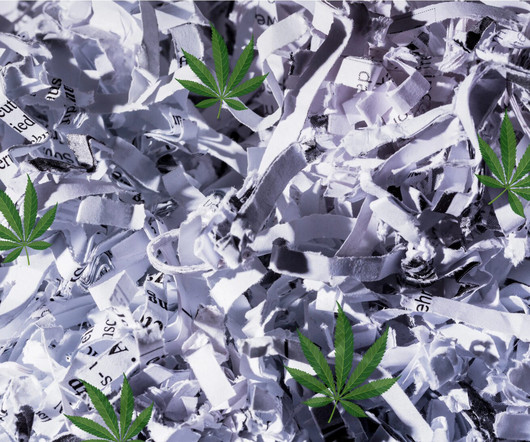
Canna Law Blog
MAY 24, 2024
The Drug Enforcement Administration (DEA) published its Notice of Proposed Rulemaking (“NOPR”) last week to much fanfare. The NOPR would reschedule marijuana, “marijuana extract” and “naturally derived delta-9 tetrahydrocannabinols” from schedule I to schedule III of the Controlled Substances Act (CSA). Stay tuned.”

Cannabis Law Report
JULY 12, 2019
However, there are indications from studies done with cannabidiol-rich cannabis extracts in Israel that indicate that less side effects (46%) are achieved with a natural cannabis plant extract containing a 20:1 ratio of CBD to THC. The CBD-rich extract group had a lower effective dose on average, 6.1
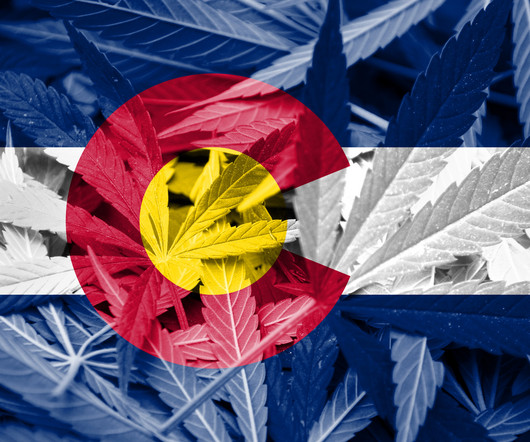
Canna Law Blog
JANUARY 23, 2025
Marihuana (referred to in this blog post as marijuana) is defined in the Controlled Substances Act (CSA), as all parts of the plant Cannabis sativa L., In January 2022, the DEA issued a letter stating that cannabis seeds and other genetic material with 0.3% In fact, in some states they may be both marijuana and hemp.

Canna Law Blog
NOVEMBER 21, 2024
and any part of that plant, including the seeds thereof and all derivatives, extracts, cannabinoids, isomers, acids, salts, and salts of isomers, whether growing or not, with a delta-9 total tetrahydrocannabinol concentration (including tetrahydrocannabinolic acid) of not more than 0.3 The term “hemp” means (A) the plant Cannabis sativa L.

Canna Law Blog
OCTOBER 3, 2020
That is the DEA’s interim final rule suggesting that in-process hemp extract shall be treated as a schedule I controlled substance during any point at which its THC concentration exceeds 0.3 The DEA Just Passed a BAD Interim Rule Impacting Hemp CBD and Other Cannabinoids. The 2018 Farm Bill Does Not Support the DEA Interim Rule.
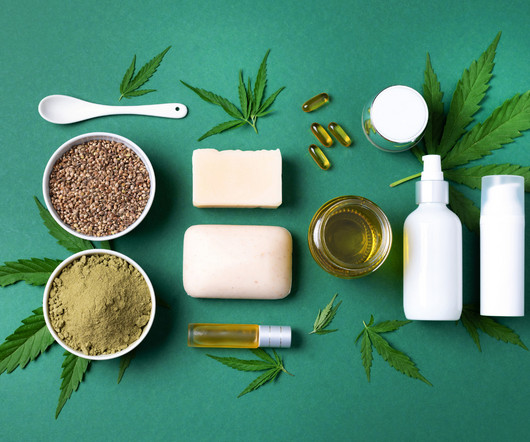
Canna Law Blog
SEPTEMBER 29, 2023
An Arkansas District Court didn’t legalize intoxicating cannabinoids nationally, either More recently, hemp attorney Rod Kight posted a blog post entitled “ DID A FEDERAL COURT ORDER JUST LEGALIZE THCA AND DELTA-8 THC IN ALL 50 STATES? So according to DEA, delta-8 is illegal. DEA has pretty vocally disagreed with this.
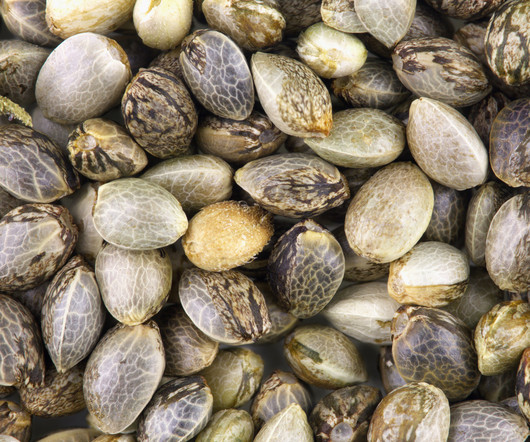
Canna Law Blog
JUNE 13, 2023
The seeds themselves have little to no THC, regardless of whether they were extracted from or may germinate into a plant that has more than 0.3% On January 6, 2022, DEA issued a letter that responded to a specific query on the treatment of cannabis seeds. trade law and the “reasonable care” standard U.S. federal law.

Canna Law Blog
AUGUST 30, 2020
Here’s our summary of why that is such a problem: In order to extract cannabinoids from hemp, hemp plant material must go through an extraction process. This extraction process almost certainly results in a temporary increase in Delta-9 THC. We will be sure to continue writing on this topic, so stay tuned to the Canna Law Blog.

Canna Law Blog
JULY 24, 2020
The FDA recommends that those who handle hemp material consult with the Drug and Enforcement Agency (DEA) regarding the control status of such products that are under development. Some manufacturing processes may generate materials, such as intermediates or accumulated by-products, that exceed the 0.3
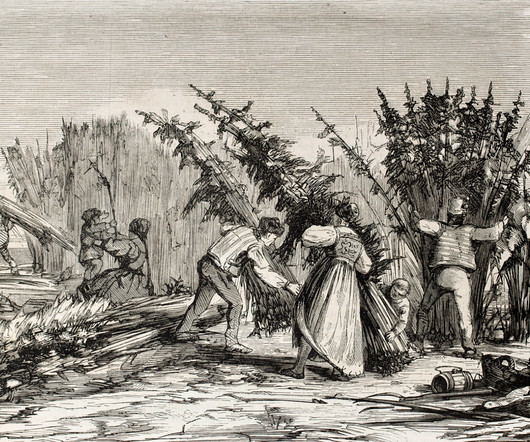
Canna Law Blog
JULY 26, 2023
Revisit provisions of the Farm Bill or interpretations of the Farm Bill pushed by the DEA, which currently make hemp processors susceptible to civil penalties and felony charges for possession or transport of “hot hemp”, regardless of whether the THC limit is 0.3%, or 1.0%. But while you’re processing that hemp you may be committing felonies!,
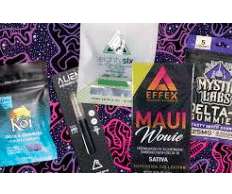
Cannabis Law Report
NOVEMBER 2, 2021
Most delta-8 products, especially the concentrated forms, will likely have higher amounts of delta-9 in them because of the way delta-8 is extracted. […] I feel better about the CBD market (and CBG, CBN). Those cannabinoids are easier to extract so there’s less risk with doing it wrong. percent.”.

Alchimia
APRIL 17, 2018
That’s why only CBD oils , extracts or edibles are used in the case of animals, which are made from hemp and not from narcotic cannabis. CBD oils and extracts are made from organic hemp crops. Hopefully, he’ll be able to help you find the correct extract and dose. Precautions when giving CBD to your pets. Sulcova, P.
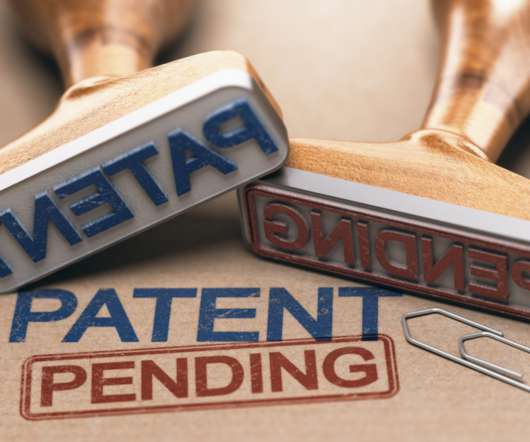
Canna Law Blog
JULY 2, 2022
The DEA recently stated that cannabis seeds containing less than 0.3% d9-THC are not controlled substances regardless of the THC content of the mature plant, but it is not yet clear whether the DEA’s statement will affect the USDA’s prohibition. delta-9-THC). the red and blue portions).
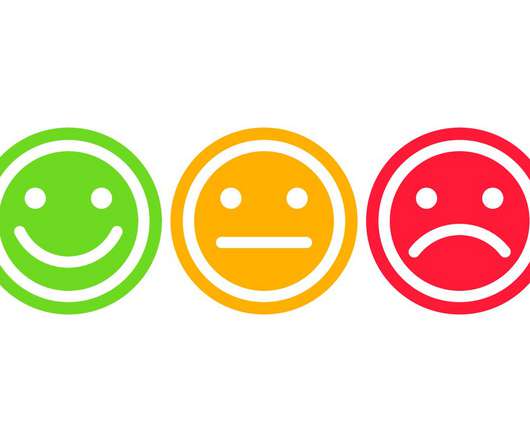
SpeedWeed
MARCH 11, 2021
This blog post provides a broad, 30,000-foot view on this issue. Because Delta-8 THC is not expressed in sufficient concentrations in most hemp strains to make its extraction financially viable, most Delta-8 THC on the market is derived from the chemical conversion of hemp-derived cannabidiol (“CBD”). Federal Legal Framework.
Expert insights. Personalized for you.
We have resent the email to
Are you sure you want to cancel your subscriptions?


Let's personalize your content